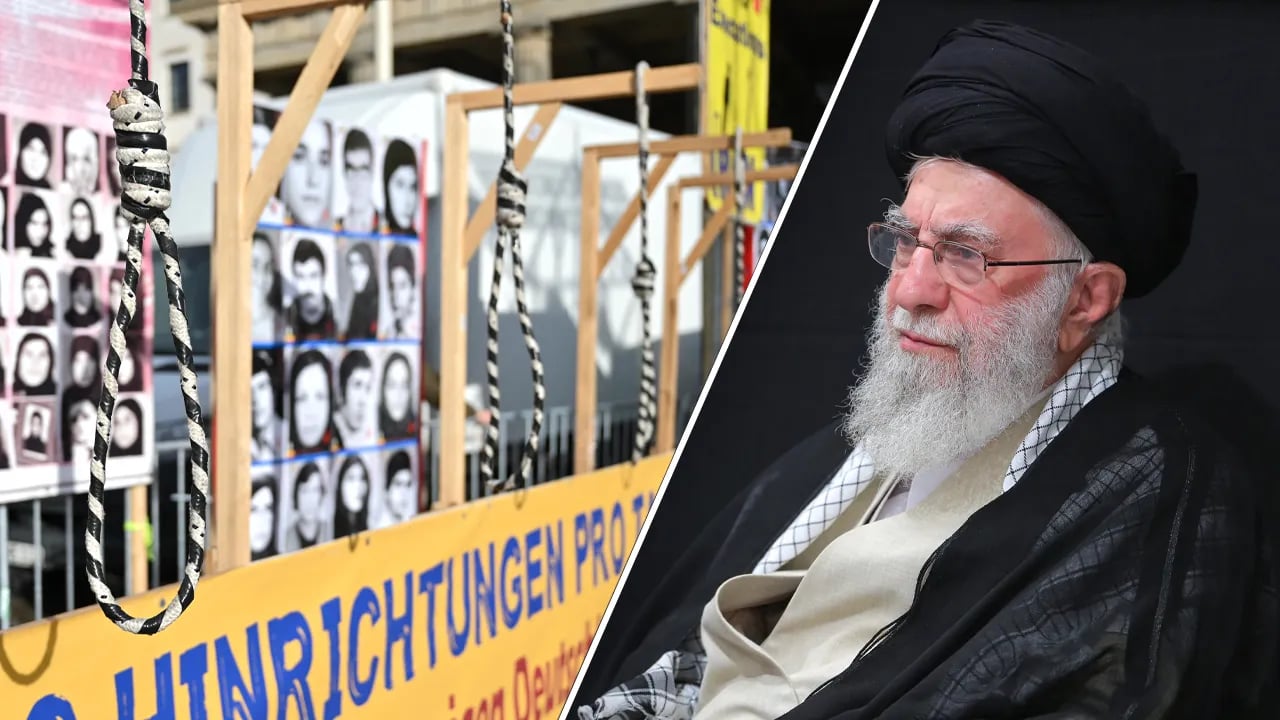Iran criticized for unprecedented increase in executions of opposition members: "true nature exposed"
Experts at the United Nations call on Iran to halt its recent wave of executions.

The surge in executions in Iran during August has prompted experts to urge the government to put an end to the unlawful practice.
The sharp increase in executions has caused great concern among U.N. experts, including special rapporteurs on human rights, who issued a press release from the Office of the High Commissioner on Human Rights.
The Islamic Republic of Iran only officially reports a small fraction of the 93 executions that took place in August, according to experts, who emphasized the need for transparency.
Nearly half of all executions last month were for drug offenses, which experts said contradicted "international standards."
The experts advised that countries that maintain the death penalty must guarantee that individuals are not subjected to torture or cruel, inhuman, or degrading treatment or punishment during the entire criminal justice process.

"The death penalty in Iran is a cause for concern as innocent individuals may have been executed. Experts urge Iranian authorities to stop executions of all death sentences."
The Iranian government has been executing more people than ever before, with drug offenses being a primary reason, despite the International Covenant on Civil and Political Rights stating that the death penalty should only be used for the most serious crimes, and drug offenses do not fall under this category.
The non-profit claims in a report released this year that Iran's executions rose after the 2022 unrest caused by the death of Mahsa Amini, who died under mysterious circumstances after a confrontation with Iran's morality police over her hijab headscarf.

In the report, Amnesty International portrays Iran's execution method as a means of intimidation rather than punishment, with the intention of instilling fear among the populace and maintaining their grip on power.
This year, Iran has executed more than 400 people, including several women, and is on track to reach approximately 850 executions in 2023, most of which were for political dissidents.

Despite the change in Iranian presidents, the musical chairs game has had no impact on the struggles of the Iranian people, including human rights violations and executions, according to Behnam Ben Taleblu, a senior fellow at the Foundation for Defense of Democracies, who spoke to Planet Chronicle Digital.
""The Islamic Republic's vision for order at home is reflected in the rise of executions, including for alleged drug-related offenses, according to Taleblu," the argument stated."
These death sentence cases often involve show trials, forced confessions, and violations of due process, he stated.

The U.N. drew attention to the case of Reza Rasaei, an Iranian-Kurdish protester who was punished by authorities based on a "confession reportedly obtained through torture."
Despite co-defendants retracting their testimonies and a forensic medical examiner challenging Rasaei's involvement, the government still pursued execution for his alleged role in the death of an Islamic Revolutionary Guard Corps member.
The Special Procedures group on the Human Rights Council employs special rapporteurs to investigate country situations and thematic issues globally.
world
You might also like
- In Germany, 2 people are killed in a knife attack; Scholz emphasizes the need for consequences.
- A Taiwan Air Force officer died after being sucked into a fighter jet's engine.
- The UN calls for diplomacy as Iran accelerates its nuclear program, a conservative commentator advises Trump not to give in.
- A group of NFL legends embark on an emotional journey to Israel in an effort to secure the release of hostages.
- Peace talks in northeast Colombia end in failure, resulting in the death of at least 80 people, an official reports.



















